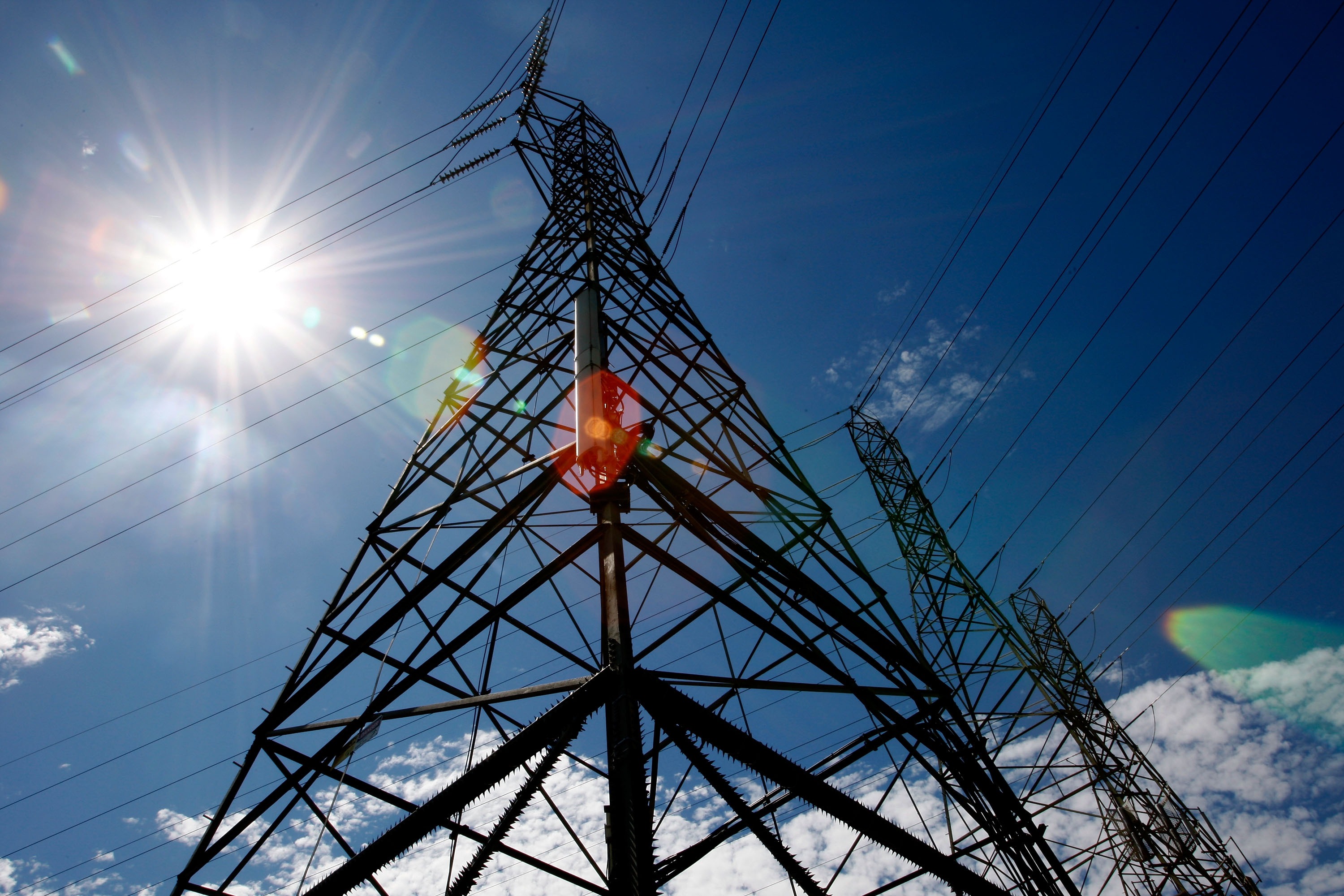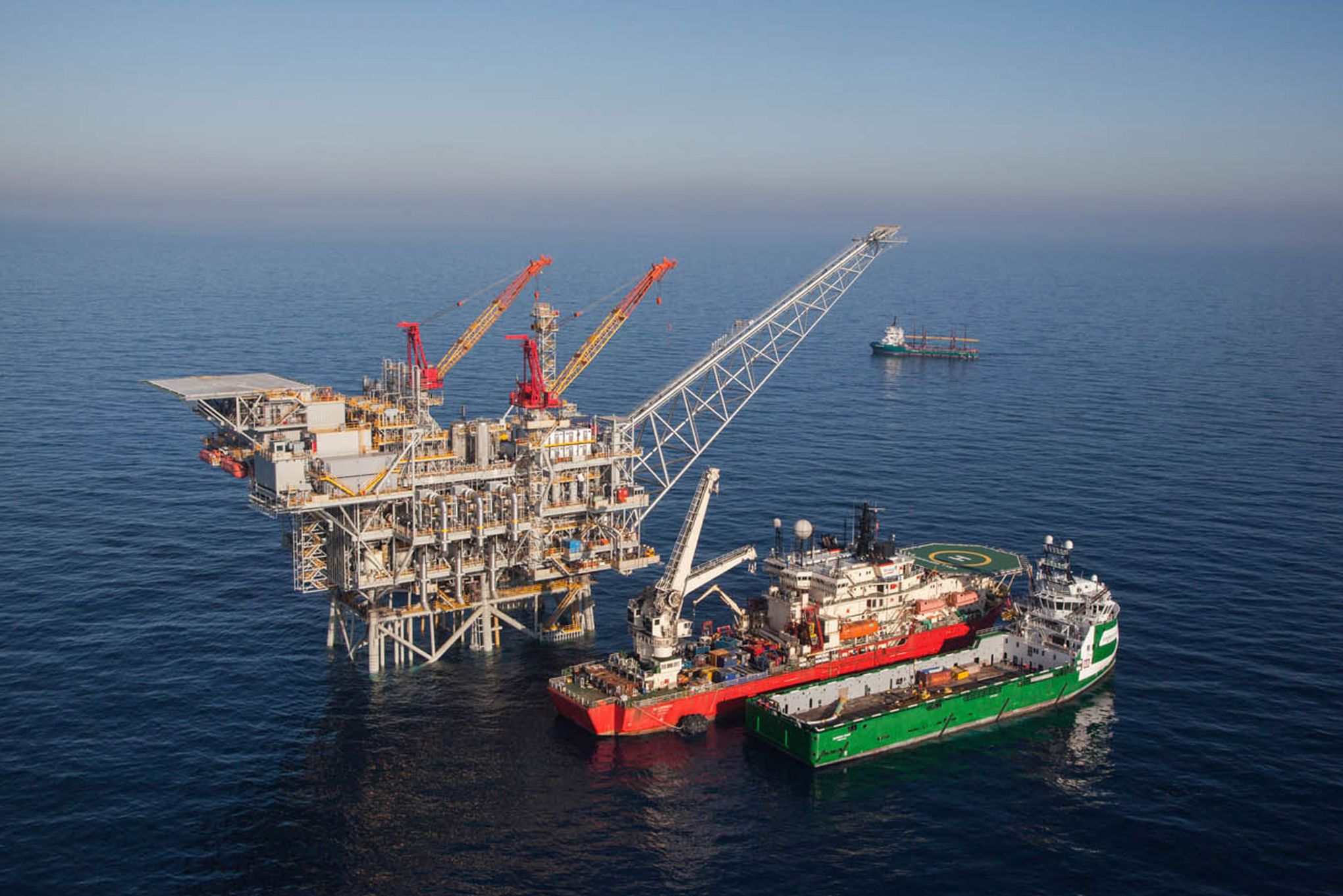
Credit: Utilities ME
The world is setting to turn their focus on renewables, due to the implosion of an energy crisis that came about as a result of the Russian invasion of Ukraine.
Since Russia attacked Ukraine last week, the price for crude oil has twice soared as high as $US 105 a barrel. While it is difficult to exactly predict what could happen in the coming weeks, sanctions will impede Russia’s oil, natural gas, and coal exports, leading to a crisis in global energy markets.
As crude prices have risen significantly, shifting the focus on how to reduce reliance on oil and gas, Egypt will need to make fundamental changes in its approaches to energy policy and address crucial questions of energy security.
Egypt as the Energy Gateway to Europe
Bolstered by its strategic location, and with overall gas production that has reached over seven billion cubic feet per day, Egypt can set to rise as the main interlocutor between Europe, Africa, and Asia in energy exports, and to position itself as an energy gateway for these three key continents.
Recently, Spokesperson for Egypt’s Ministry of Electricity and Renewable Energy, Ayman Hamza Hamza, said that the interconnection line between Egypt and Sudan marks as the starting point for an electrical linkage between Egypt and Africa, which can become a future gateway of electricity from Africa to Europe, following the operation of th electrical interconnection line between Egypt, Greece and Cyprus.
“Egypt is able to establish electrical interconnection lines with African, European and Gulf countries that reach up to 15,000 megawatts,” Hamza added.
Egypt is nearly reaching the global energy reserve rate, Hamz added, and already has a daily energy reserve of 15,000 megawatts, which provides it with the potential to expand electrical interconnection with several countries in different continents.
Egypt and Greece’s deepening relations can unlock further opportunities in exporting energy to European markets. Egypt’s Minister of Petroleum and Mineral resources, Tarek El-Molla, signed a Memorandum of Understanding with Greece’s Minister for the Environment and Energy Konstantinos Skrekas, which includes three major areas of cooperation, among them liquefied natural gas trading, research and exploration activities, and the linking of the two countries’ natural gas pipeline networks.
Lying between the Egyptian gas fields and ports and continental Europe, Greece can act as the main gateway to Europe for Egypt’s energy exports.
Clean Energy
Sun-drenched and rich in potential power generation capacity, particularly in the area of renewables, Egypt’s renewable energy potential, particularly solar, can also act as a replacement of the world’s reliance on Russia’s oil and gas supplies.
Egypt launched the 2035 Integrated Sustainable Energy Strategy, which crafts a strategy that emphasizes the importance of renewable energy and plans to increase the supply of electricity generated from renewable sources to 20 percent by 2022 and 42 percent by 2035, with wind providing 14 percent, hydro power 2 percent, and solar 25 percent by 2035. Additionally, the government plans to cooperate closely with the private sector to deliver this capacity.
Egypt’s Minister of Environment noted that Egypt is currently seeking $US 15 billion worth of financing to address energy issues and accelerate the shift towards renewable energy, which was mentioned during a meeting with the CEO of the Green Climate Fund (GCF) Yannick Glemarec.
Egypt’s Minister of International Cooperation, Rania A. Al-Mashat, also noted,during her participation in the World Economic Forum’s event ‘Friends of Climate Action’, that there is a global need for countries to adopt a more strategic approach to engage the private sector to push for blended financing and to ensure that the clean energy transition is human-centered; one that centers employment as a top concern, as the energy system affects every aspect of society.
During a meeting with the EBRD’s board of directors, she highlighted that Egypt’s reforms have helped it become more resilient to a shock-prone world, and that Egypt can act as the gateway for the private sector to Africa to spur trade exchange, knowledge and technical expertise. As countries were able to come out of the COVID-19 pandemic through international cooperation, this will be similarly replicated in the current crisis.
Acknowledging that countries have common, but differentiated responsibility and capabilities, Al-Mashat noted that the provision of blended and innovative sources of financing to support economies in the South has now become an urgent need, as financing represents the cornerstone for the implementation of countries’ national climate pledges.
Other than private financing opportunities, there is also an opportunity to support the African continent in its clean energy transition through economic and technical cooperation. Egypt’s Minister of Electricity and Renewable Energy Mohamed Shaker stressed during his meeting with the Director of the Country Engagement and Partnerships (CEP) at the International Renewable Energy Agency (IRENA) on Egypt’s keenness to support African countries’ efforts to have access to clean and renewable energy sources.
Shaker noted that Egypt is currently planning to increase the country’s renewable energy contribution to electricity production to reach 10,000 megawatt by 2023. He added that the Ministry is cooperating with global companies to conduct studies on implementing pilot projects for green hydrogen in Egypt.
Overall, the Russia-Ukraine crisis has pushed forward the argument for transitioning our energy system to one based on cheap, clean, reliable power, and to ensure that the energy transition is human-centered and protects people’s livelihoods.







Comment (1)
[…] الأزمة الأوكرانية وإمكانية أن تصبح مصر بوابة الطاقة إل… بالصور: صور الغلاف الأيقونية لمجلة المصور […]